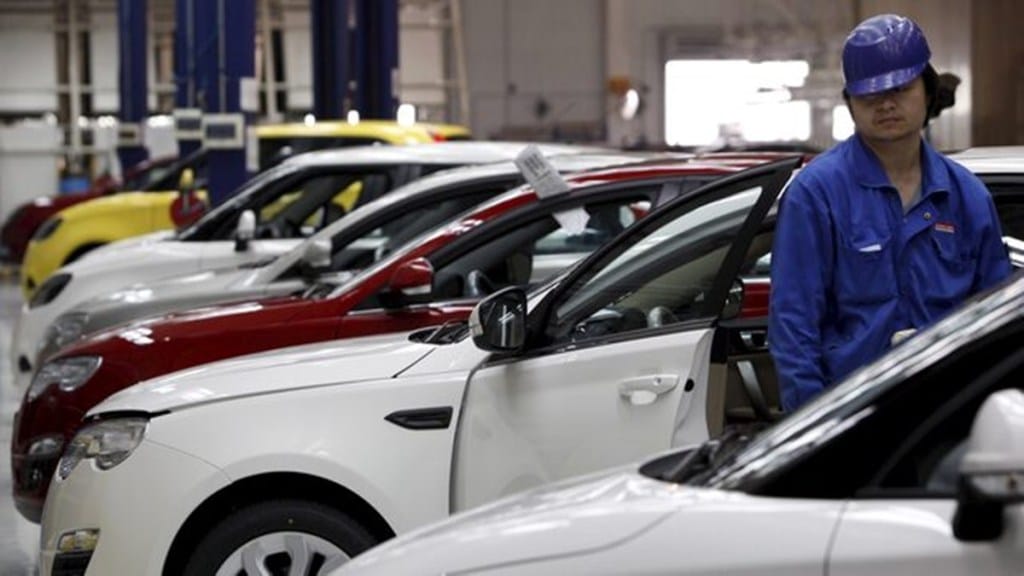Weighed down by a slowdown in retail demand, automakers were forced to reduce supplies to dealers in June, resulting in a 7% year-on-year (y-o-y) decline in wholesale dispatch volumes.Seven of India’s largest car manufacturers—together accounting for 95% of the domestic market—dispatched 300,226 units to their dealer networks last month.
Three of the top four brands posted y-o-y declines in sales. Maruti Suzuki, the country’s largest carmaker, reported its weakest domestic monthly sales in over 18 months. The manufacturer of the Swift and Fronx saw a 13% y-o-y drop in wholesale volumes, down to 118,906 units.
Rahul Bharti, senior executive officer, corporate affairs, Maruti Suzuki, said, “The slowdown in passenger vehicle sales is largely due to a sharp decline in the smaller segment cars,” he said.“Historically, passenger vehicle sales used to grow at 1.5 times the GDP growth. But now even after 6.5% GDP growth, the car market is nearly flattish. This is because the once mass small car segment is not participating in the growth at all. This is clearly an affordability issue,” Bharti added.
Since 2019, the industry’s entry-level price point has risen by over 70%, largely driven by stricter safety and emission regulations. Over the same period, sales of small cars have dropped by more than 70%, Maruti Suzuki claimed. Mahindra & Mahindra retained its second-place position in June and was the only company among the top four to report growth. The Mumbai-based SUV maker posted an 18% y-o-y increase in wholesales, ending the month at 47,306 units.
Hyundai Motor India (HMIL) saw a 12% y-o-y decline in June sales, reporting 44,024 units dispatched. Tarun Garg, whole-time director and chief operating officer, HMIL, said, “In the domestic market, the geopolitical situation continued to affect the market sentiment.”With production set to begin soon at its Talegaon plant in Maharashtra, Hyundai said it “remains cautiously optimistic about a gradual recovery of demand, supported by reduction in repo rates and improving liquidity on account of cut in CRR.”Tata Motors posted the steepest decline among its peers, with wholesales falling 15% y-o-y in June to 37,083 units, including electric vehicles. While demand for its internal combustion engine models came under pressure, the company noted continued strength in its electric vehicle portfolio.
Shailesh Chandra, managing director, Tata Motors Passenger Vehicles and Tata Passenger Electric Mobility, said, “In Q1 FY26, the Passenger Vehicle industry experienced volume pressures, particularly in May and June, with flat growth reflecting continued softness in demand.”Toyota Kirloskar Motor bucked the trend slightly, registering a modest 3% y-o-y increase in June wholesales to 26,453 units. Kia, however, saw its volumes decline by 3% y-o-y to 20,625 units.“The passenger vehicle industry volumes decreased owing to muted customer sentiments, indicated by lower enquiries and delays in conversion,” Nomura said. The subdued sentiments have pushed up the discount levels in the market, said manufacturers.

